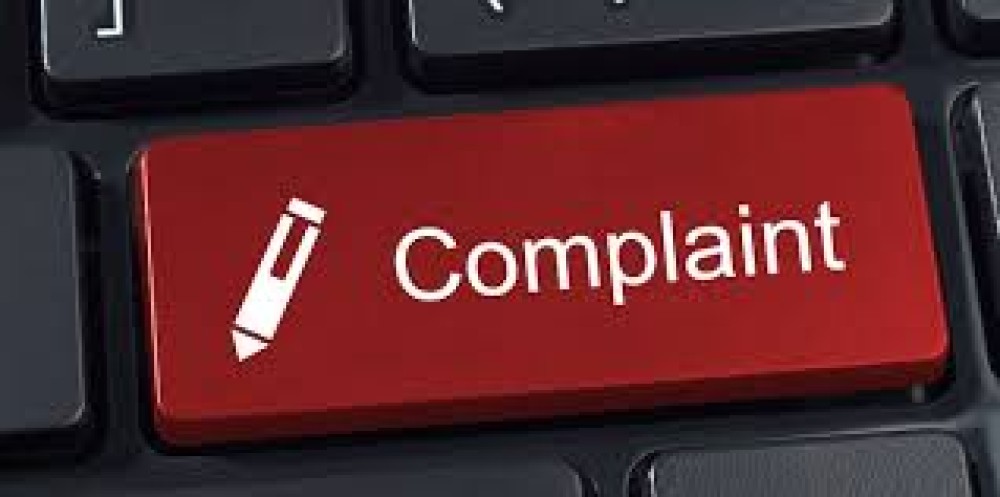
A legal complaint is the foundational document that initiates a civil lawsuit. Whether you are suing for breach of contract, personal injury, or employment disputes, a well-drafted complaint is crucial for a successful case. This FAQ-style guide will walk you through the process, providing expert insights and practical tips.
A legal complaint is the foundational document that initiates a civil lawsuit. Whether you are suing for breach of contract, personal injury, or employment disputes, a well-drafted complaint is crucial for a successful case. This FAQ-style guide will walk you through the process, providing expert insights and practical tips.
FAQs on Drafting a Complaint
What is a Legal Complaint?
A legal complaint is a formal document that outlines a plaintiff’s allegations against a defendant in a civil case. It establishes the jurisdiction, presents the facts, states legal claims, and requests relief from the court.
What Are the Key Components of a Complaint?
A properly drafted complaint should include the following sections:
How Do You Format a Complaint?
A complaint must follow specific formatting rules, typically outlined by the court where it is filed. General formatting guidelines include:
Where Do You File a Complaint?
The complaint must be filed in the appropriate court based on jurisdictional rules. Factors that determine jurisdiction include:
How Do You Serve a Complaint to the Defendant?
Once filed, the complaint must be formally delivered to the defendant, known as service of process. Common methods include:
What Happens If a Complaint Is Not Properly Served?
Improper service can result in delays or case dismissal. Courts require proof that the defendant received the complaint, so it’s important to follow proper procedures.
What Are Common Mistakes When Drafting a Complaint?
Some common errors include:
Can a Complaint Be Amended?
Yes. Most courts allow plaintiffs to amend a complaint if:
What Happens After Filing a Complaint?
Once filed and served, the following steps occur:
How Long Does It Take for a Complaint to Be Resolved?
The timeline varies depending on factors such as court backlog, case complexity, and settlement negotiations. Some cases resolve in months, while others take years.
Can a Complaint Be Withdrawn?
Yes. Plaintiffs may voluntarily withdraw their complaint, sometimes with or without prejudice:
Do You Need a Lawyer to File a Complaint?
While you can file a complaint without an attorney, hiring a lawyer ensures compliance with legal requirements and increases the chances of success.
How Much Does It Cost to File a Complaint?
Filing fees vary by court and case type, typically ranging from $100 to $500. Fee waivers may be available for low-income plaintiffs.
What Happens If a Complaint Is Dismissed?
A complaint may be dismissed if:
Where Can You Get Legal Help for Drafting a Complaint?
Legal aid organizations, online legal resources, and professional attorneys can provide guidance on drafting and filing a complaint.
Final Thoughts
Drafting a complaint is a crucial step in pursuing legal action. Understanding the components, filing process, and potential challenges can help you navigate the system effectively. If in doubt, consult a legal professional to ensure your complaint is correctly filed and legally sound.
Need Professional Assistance?
If you need help drafting a complaint or navigating the legal process, our experienced legal team at Legal Husk is here to assist you.
📞 Schedule a Consultation Today!Visit Us Here to get started with expert legal guidance.
Whether you are dealing with a complex family matter, facing criminal charges, or navigating the intricacies of business law, our mission is to provide you with comprehensive, compassionate, and expert legal guidance.